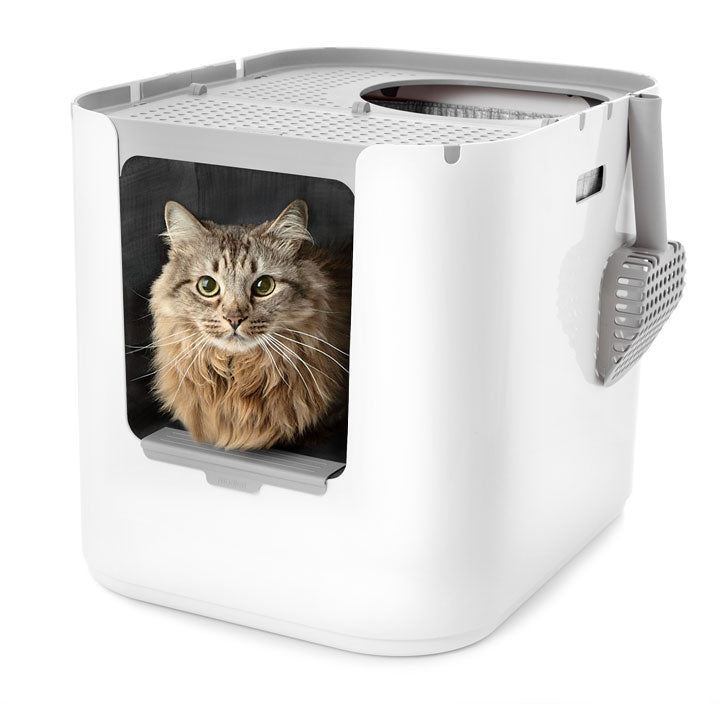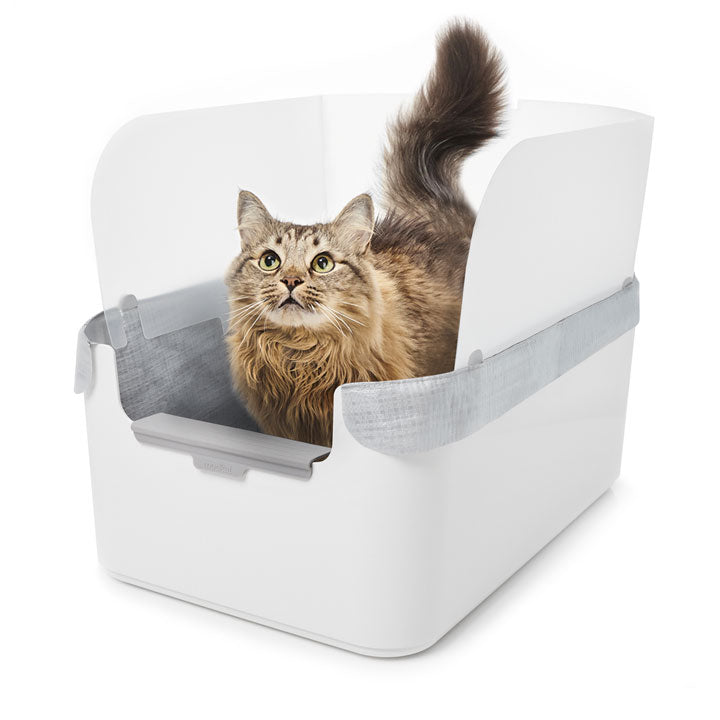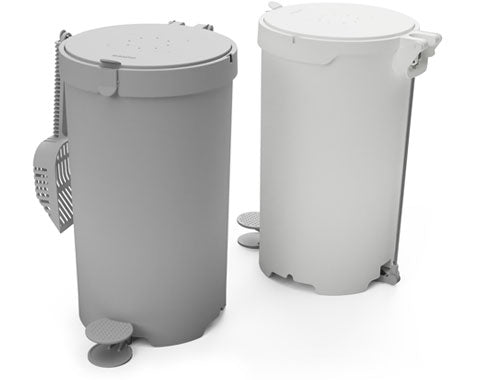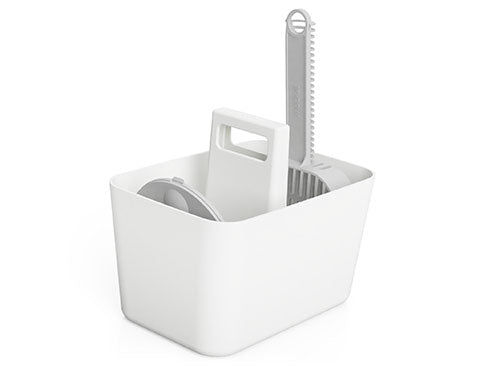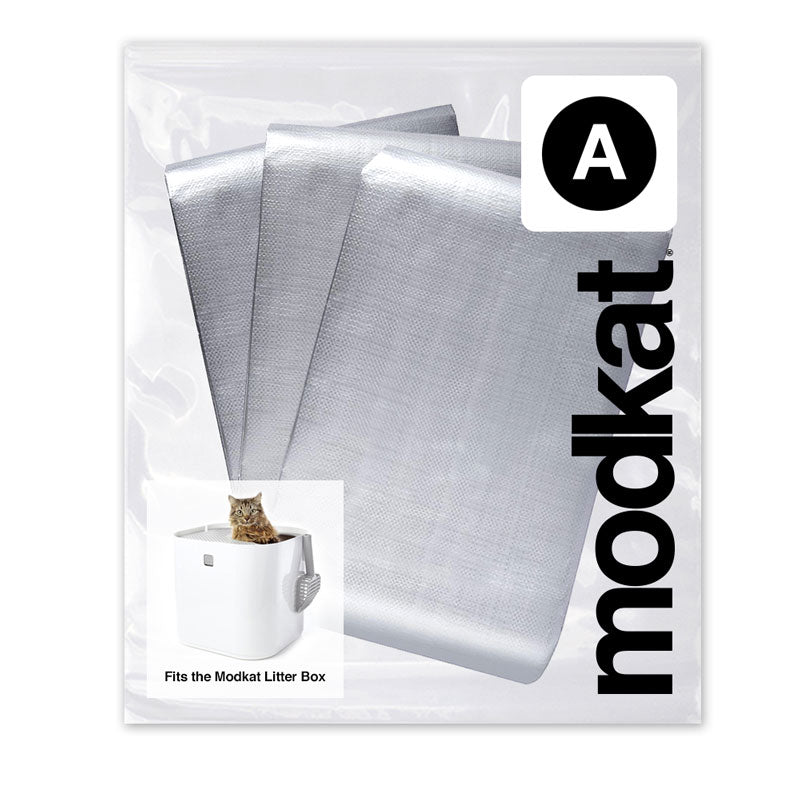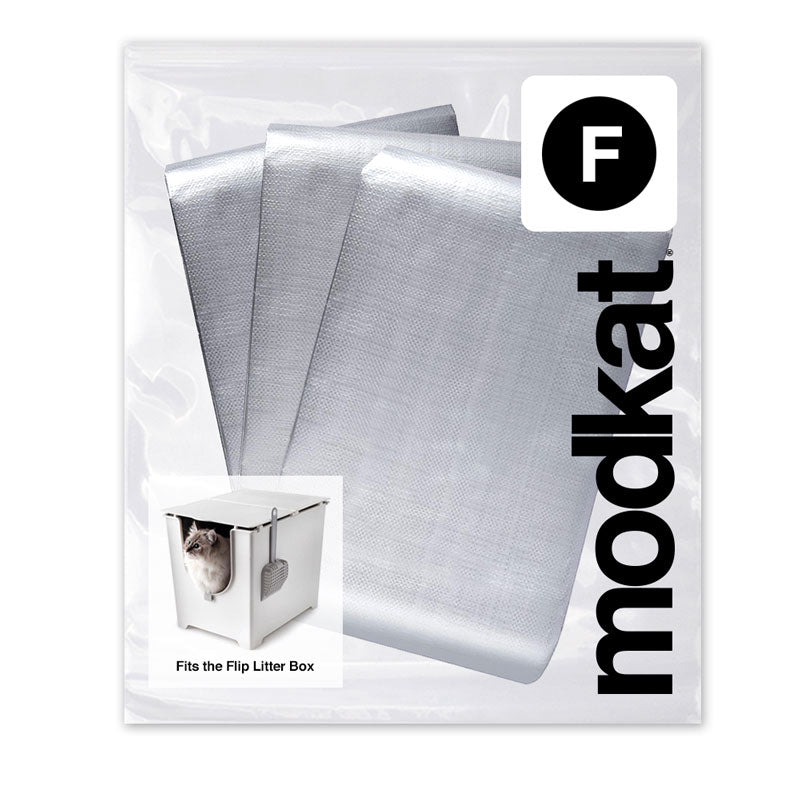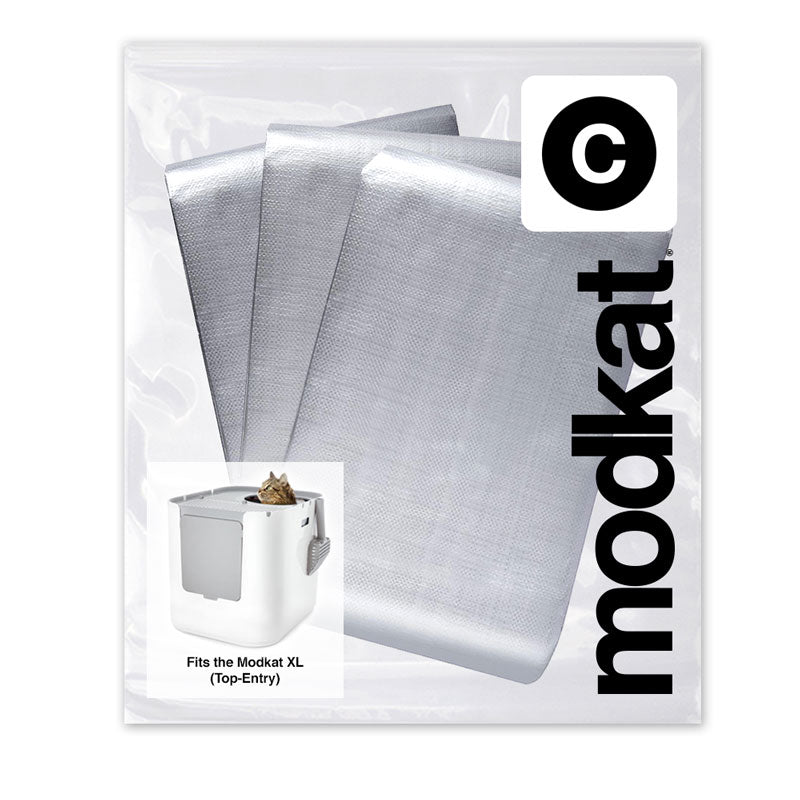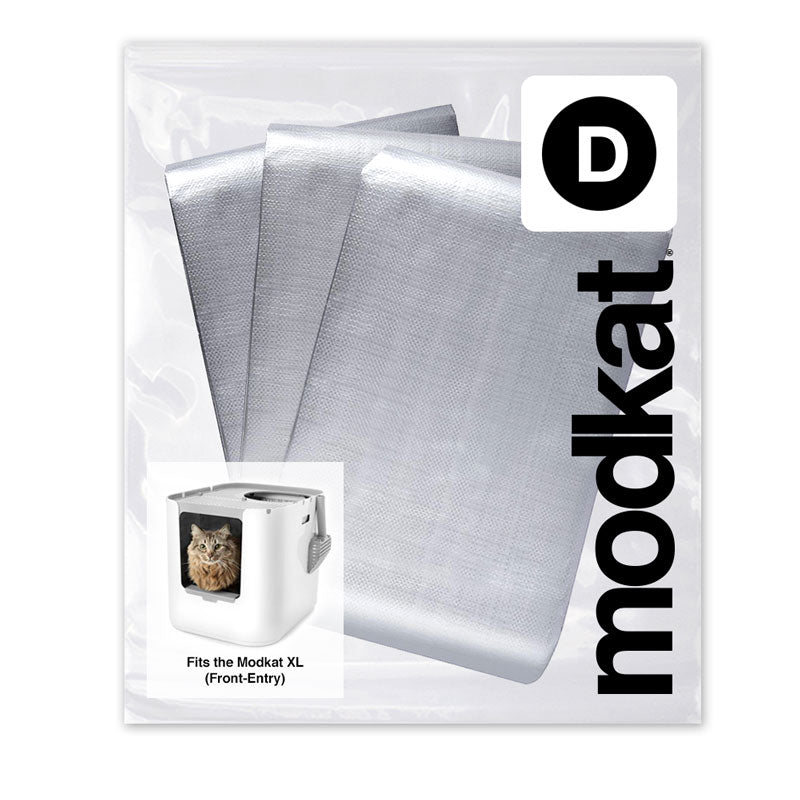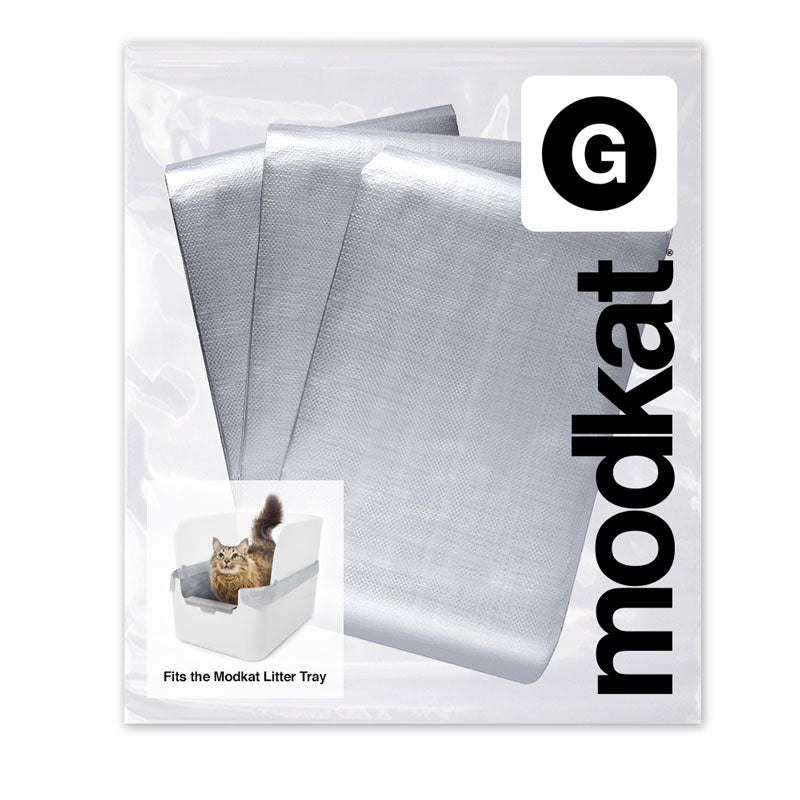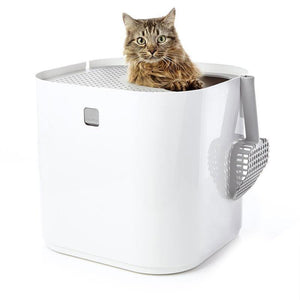Litter Boxes
Accessories
Liners
Some cats may be reeling from the pandemic too!

Since the coronavirus pandemic began, have you noticed your cat seems to have grown a bit more neurotic?
It's probably not your imagination. Many pet parents from around the globe have reported their animals acting strangely during the lockdown.
Signs of neurosis in a housecat.
You could be seeing signs your cat is feeling the impact of this unforeseeable shift from “business as usual" such as:
- Excessive whining
- An uptick in scratching at windows and doors
- Pouncing on things more than usual
- Isolating more often
- Hissing and growling more frequently
- Purring louder than usual
- Being oddly more clingy
These are a few of the reported behavior patterns showing up in cats across the world.
Why are animals getting distressed during COVID-19?
Animal behaviorists say that cats, just like their human counterparts, are simply adjusting to the new—albeit temporary—normal. For some kitties, having to share their domain 24/7 with sequestered cat parents is unsettling. They’re not sure what to make of the constant presence of their human caretaker. So, they perch themselves on their cat tower to peer down suspiciously at the human who is spending way more time than usual on the sofa or at their work desk. This sudden intrusion may be creating stress in your four-legged companion, animal experts theorize.
Then, there are the happy cats who are simply delighted to have their cat parent’s lap be that much more accessible for lazy afternoon naps. On the other hand, there are the cats who are totally oblivious and could care less that their human companion is ever present.
Any time an animal’s routine gets disrupted, it can cause elevated stress and anxiety. The same goes for humans. The pandemic and resulting quarantine upended lives and resulted in changes at home for both animals and humans. For cats, who thrive on structure and predictability, a muddled daily routine compromises their sense of control, which can lead to an increase in anxiety, cat behaviorists conclude.
Add a stressed-out human being to the mix, and you could have a cat who’s internalizing some of the anxious vibes his cat parent is emanating.
The science behind animal anxiety.
In a process called “emotional contagion,” cats are able to sense their caretaker’s stressed-out state of mind. That's according to a 2019 study in the UK. In essence, the cat parent may be contributing to their cat’s unusual behavior.
Cat parents who are bored or going stir crazy because of being locked down could also influence their kitty’s off-center behavior by placing more demands on them to perform new tricks or play more aggressively. Even excessive snuggling with your cat can be unnerving for them. Cats can easily become overstimulated with both play and affection, causing increased hissing, growling, biting, or some other unusual behavior.
Anxious cats might exhibit what veterinary scientists call “displacement behaviors,” which are nervous tics like overgrooming, excessive vocalizing, and persistent scratching.
It’s not likely cats are responding to the pandemic per se. They may look like they are watching world news about quarantines, coronavirus, and social distancing while staring at the TV alongside their human companion, but they couldn’t possibly know they are living through a global catastrophe.
Animal behaviorists surmise instead that cats are just trying to adapt to new routines while watching their distressed two-legged companions figure out how to survive the lockdown.
What you can do to help your cat feel better during COVID-19.
The best thing cat parents can do for their anxious animal is to maintain their daily routine as much as possible. Feed your cat at the same time. Keep playtime typical. And ensure they have safe and comfortable places to retreat for quiet time.
Life will gradually return to normal. Cat parents will eventually get back to work. That warm constant lap that for weeks provided a great place to nap will soon disappear for longer periods of time. And just when Mr. Anxious Cat has finally settled into his “new normal,” he’ll be turned upside-down when life uprights itself again. 🖤🐈
Shop the Modkat litter boxes and accessories to freshen up your cat litter area today!
“It looks nicer than any other hooded or open option we considered.”

Purrr News.
Join our email list and get exclusive access to new products, the best cat litter box health articles, and 10% off your first order!
Similar products related to this blog:
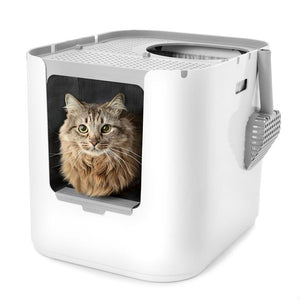
"It looks nicer than any other hooded or open option we considered."

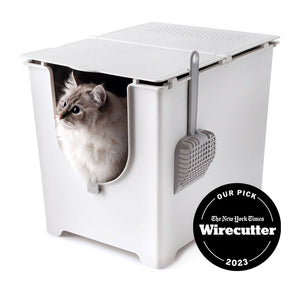
"This litter box keeps everything in, nothing gets out the sides."
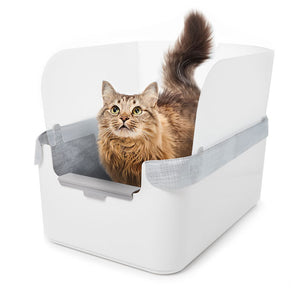
"My beautiful ragdoll cat and I both love the new Modkat Litter tray!"

